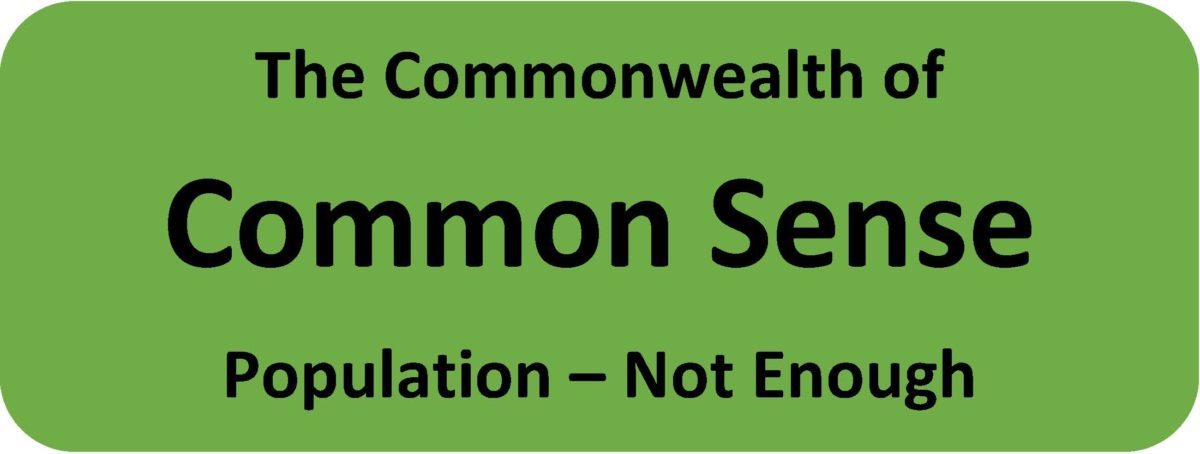“If you ever start feeling like you have the goofiest, craziest, most dysfunctional family in the world, all you have to do is go to a state fair. Because five minutes at the fair, you’ll be going, ‘you know, we’re alright. We are dang near royalty’.”
Jeff Foxworthy
I haven’t fallen from the face of the earth. Yes, it has been a long while since my last posting. I have had some health issues this summer (nothing serious) which occupied some of our time. More impactful was our decision to remodel the kitchen. That is a far more serious and impactful factor. Did you ever see the movie “The Money Pit” starring Tom Hanks and Shelley Long? If you have you know how our summer went. My wife thinks my postings are sometimes too serious. I think she is probably right. She asked if there wasn’t something up-beat I could write about. Something uplifting? Something encouraging and or fun? I am an engineer by training and a government bureaucrat. This is a tall order for me.
But then I thought about the later part of our summer. It is our tradition to dedicate a significant part of this time of the year to county fairs and to the phenomenon that is the Minnesota State Fair. We spend two days each year at the Douglas County Fair and this year we spent five days at the State Fair. Some of those days relate to our granddaughter’s 4-H and FFA competitions but in honesty we spend a lot of time just strolling around too. People ask me how we can spend FIVE days doing this. I guess we probably are a little over the top, but we do thoroughly enjoy it. Why is that?
Well, truthfully, some (OK most) of these days involve me sampling the wares of the beer vendors that are rarely more than fifty feet from you when you are on the grounds. Jan loves looking at the crafts, especially the quilts and other fine arts exhibits. I absolutely must have at least one Pronto-Pup per day. We take the grandkids on the carnival rides. We listen to the abundant, really good quality, free music. We are regaled by the sellers of the slicer-dicers in the grandstand. Jan absolutely must have a scone at the French Meadow stand and no Fair is complete without visiting the corn-roast. As you can see, we have our traditions that we need to honor and all of that takes time. Ohhh, and we also do a fair amount of “people-watching”.
But one can get nearly all this stuff at other places without paying admission fees and fighting through the challenges of getting to fairgrounds. What’s up? Many of you know that I grew up on a farm. My farm days are arguably a small fraction of my life. But they were very influential years in my life and are a great part of shaping my character and values. Since those days I have been a city dweller, for almost the last forty years living in a metropolitan area. The State Fair brings all of this together for me. It reconciles it – it makes me see that there really aren’t multiple worlds – worlds apart. Farm animals, marching bands, historic artifacts, new technology, politics, country music, religion, hip-hop music, Ecuadorian flute players, inner-city youth choirs, jazz bands, lawn mowers, new cars, old farm equipment and a lot more. And people from everywhere in the state come to this place – like all kinds of people – people from farms, people from small towns, people from big towns – and for the most part get along and actually learn something about each other’s worlds. For a little while at least, we all tolerate each other.
I think it’s the last thing that draws me back year after year. This seems to be a place where it doesn’t seem weird to simply strike up a conversation with someone you have never met who happens to be next to you. It doesn’t seem intrusive or creepy to ask where they are from and how their day is going. And it is easy for me to share something about myself. This happens to us a lot, on the bus riding in from the park-and-ride, waiting in line to buy my Pronto-Pup, waiting for the show to start at the Leine’s Lodge, looking at apples in the Horticulture Building and yes, tipping a cold one at Coaster’s or O’Gara’s. Could we possibly replicate this kernel of good-will and tolerance for the rest of the year? I’m not sure about that, but I am pretty sure that the State is a better place because we have this respite at the end of the summer each year. I know that I am.
